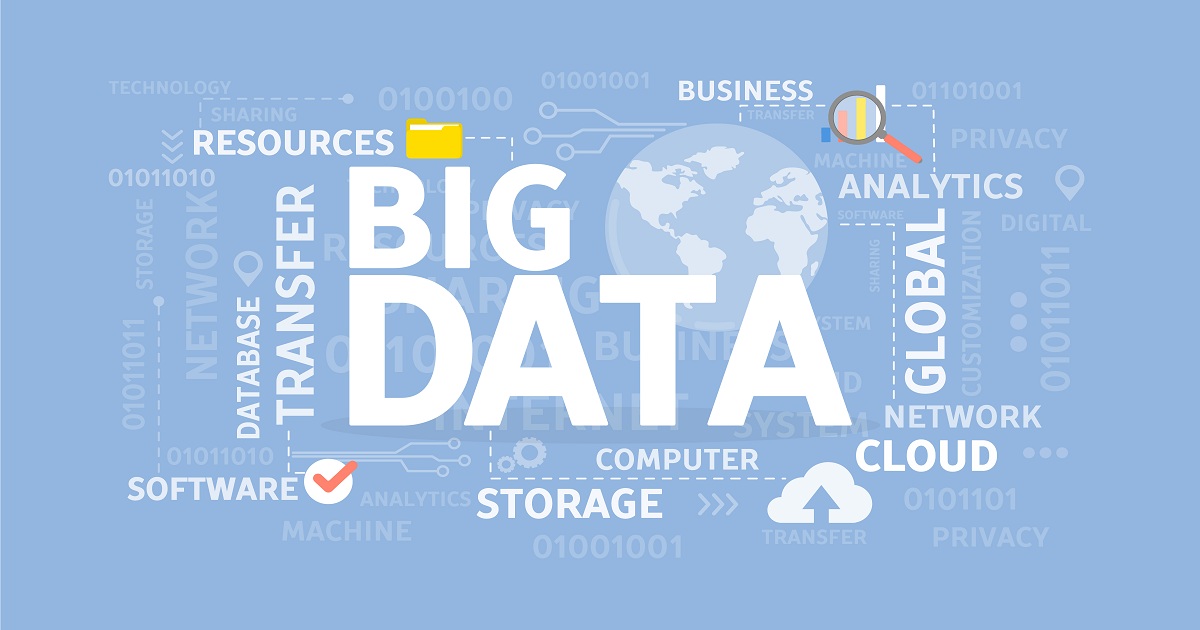Agencies Need to Analyze Big Data Effectively to Improve Citizen Services
https://statetechmagazine.com | September 05, 2019

As the opioid crisis rages, government agencies have analyzed data to determine patterns and discover where best to allocate resources to meet the resulting public health challenge. By seeing where growth in opioid use is occurring, officials can concentrate emergency health services in those areas or invest in public education for victims and families.State and local governments strive to improve the lives of citizens in these ways and others, but to fully realize the opportunities to do so, they must leverage data analytics to empower their decision-making. Many would benefit from implementing a Big Data platform that gathers information otherwise locked away in silos, uncovering connections and recognizing trends in real time.But Big Data analysis faces institutional barriers, including aging infrastructure, insufficient budgets, technical complexity, data governance issues and workforce deficiencies. Developing a digital transformation strategy that employs established and emerging technology can go a long way to addressing these challenges.